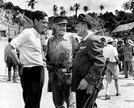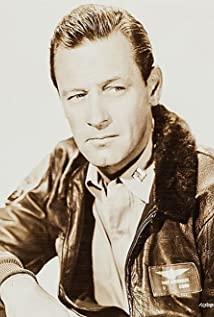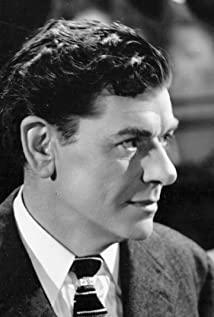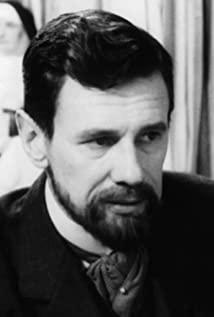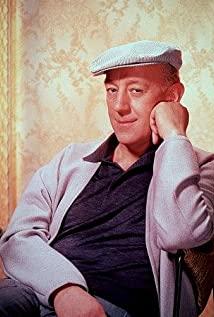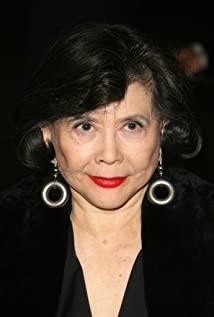The defining piece among David Lean's magna opera, THE BRIDHE ON THE RIVER KWAI ushers in Lean's artistically ripe years with his epic-scale storytelling coming about in the most picturesque locations among our mundane world. In the heart of its hearts, TBONRK is an anti -war infotainment, as it is bookended by British Major Clipton's “it's madness!” exclamation after its breakneck finale, madness is constituent of war, no one can say otherwise, but as in any superlative narrative-leaning cinematic conception, Lean cannily adopts an ambiguous route in lieu of stating the obvious (one must also lure those ticket-buyers who are steeped in nationalism, patriotism and heroism into the auditorium) and lets the rousing spirit prevail among those allied WWII POWs in Burma, under the high-handed command of Japanese Colonel Saito (an Oscar-nominated Hayakawa,giving a forcibly layered presence against the role's discriminated condition), to build a bridge over the River Kwai that will connect Bangkok and Rangoon.
The meat of the film's first half is a duel of will between British Lieutenant Colonel Nicholson (Guinness, walks away with his Oscar with august poise and solemn diction) and Saito, and who is the winner? The answer is as plain as the nose on anyone's face. Nicholson's obduracy ostensibly stems from his admired patriotism, to safeguard the last remnant of dignity against the ghastly adversity, but there is just a fine line between patriotism and jingoism, he will not bat an eye if he dies for his alleged good cause , naturally, it entails that no other lives can alter his mind, and shall we really extol such hidebound doctrine? This is where the film daringly touches a raw nerve in Nicholson's final triumph, why is he hailed by his fellow prisoners? He has done nothing for them from a pragmatic angle,what he achieves only fulfills his ego, an ego Lean beguilingly links with British's own colonial pride, to build a sturdy bridge in a foreign country and have his name inscribed in the plaque, disregarding its utilitarian consequences which will further extend the warfare and compound the affliction.
On the other hand, we have the American Navy Commander Shears (an omnipotently, effortlessly charismatic Holden), who miraculously escapes from the prison camp alive, and swears that nothing can haul him back to that living hell. But, "there is always something unexpected”, that is the tagline of the picture, in the exchange between him and the British Major Warden (Jack Hawkins, spiking a dosage of empathy into his martinet blood), Shears is literally coerced into “volunteer” the mission to blow up the bridge because of his inconvenient “imposter” identity, yes, he is not a commander but a common soldier taking the uniform to secure better treatment in captivity (a very understandable action, surely is below Nicholson's hallowed principles).What happens in the second half actually shows that Shears' "insider" distinction makes no import in their mission or whatsoever, the army might just as well command any soldier as willing as the Canadian Lieutenant Joyce (Horne, a tenderfoot but swell swimmer), there is cruel irony seeping underneath the shock troops' daredevil heroism.
As a rule, the mockery shouldn't be too offensive (it is not a vehement agitprop), Shears' penchant for hedonism and pragmatism alternates with Nicholson slippery to self-indulging delusion is the constantly battling tenors thrusting this film to the crunch, as Nicholson's "what have I done?" epiphany dished up with a ghost of vague contrition and followed by a chancy act of detonation, all we want to ask in the aftermath, is it really worth it?
Apart from several peccadilloes, for instance, the technical incapacity of the Japanese party comes far too convenient (as it is not the case in reality) and the unpleasantness of war prisoners' state-of-play is categorically diluted, TBONRK is a sensational journey, peopled with vivid characters (its nearly male-exclusive cast, saving for some female exploitation footnotes, is all in full mettle), sublime landscape (including a striking worm's-eye view shot with collective wing-taking avifauna in the wake of gunshots) and well-imposed suspense, not to mention the food-for-thought deliberation it triggers in hindsight, one must see it to experience it!
Referential points: Lean's LAWRENCE OF ARABIA (1962, 8.9/10), DOCTOR ZHIVAGO (1965, 7.3/10), RYAN'S DAUGHTER (1970, 7.4/10), A PASSAGE TO INDIA (1984, 7.4/10).
View more about The Bridge on the River Kwai reviews





